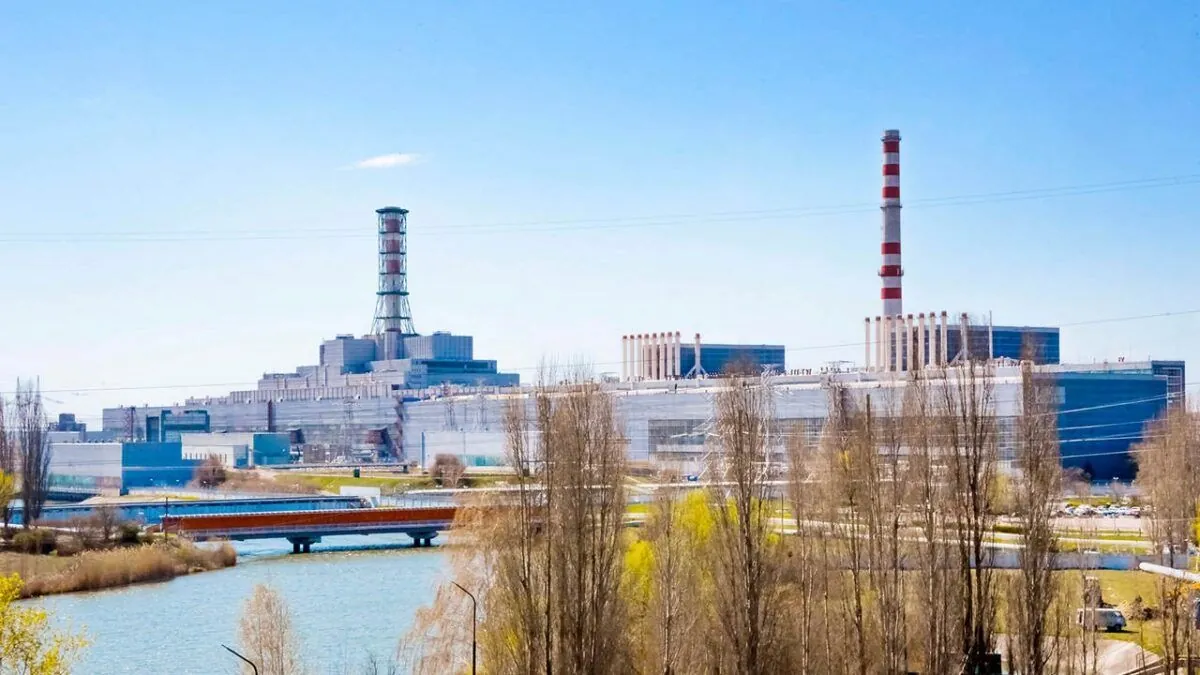Rafael Grossi, Director General of the International Atomic Energy Agency (IAEA), recently conducted a crucial inspection of the Kursk nuclear power plant in Russia, located a mere 40 km from ongoing military operations. This visit, occurring on August 27, 2024, has brought to light significant concerns regarding nuclear safety in conflict zones.
The Kursk facility, which began construction in 1971 and commenced operations in 1976, utilizes four RBMK-1000 reactors - the same design implicated in the 1986 Chornobyl disaster. These reactors, which employ graphite as a neutron moderator and light water as a coolant, lack the robust containment structures typical of modern nuclear plants, making them particularly vulnerable to external threats.
Grossi emphasized the heightened risk of a nuclear incident, stating, "The danger or possibility of a nuclear accident has emerged near here." He elaborated on the plant's vulnerability, noting that the reactor core is protected only by a standard roof, leaving it exposed to potential artillery, drone, or missile strikes.
The IAEA chief's visit comes in the wake of accusations by Russian President Vladimir Putin, who claimed that Ukrainian forces had attempted to attack the facility. Ukraine has not yet responded to these allegations. Grossi confirmed being shown evidence of drone impacts but did not attribute responsibility for the alleged attacks.
The Kursk plant's significance extends beyond its immediate vicinity, as it provides approximately 50% of the electricity for the Kursk region. This underscores the critical nature of ensuring its continued safe operation amidst the ongoing conflict.
While Grossi cautioned against drawing direct parallels with the Chornobyl disaster, he stressed the serious potential consequences of any impact on the reactor core. The IAEA, established in 1957 as an autonomous UN organization, has been at the forefront of promoting safe, secure, and peaceful nuclear technologies.
The situation at Kursk highlights the broader challenges of operating nuclear facilities in or near conflict zones. Since becoming IAEA Director General in December 2019, Grossi has been vocal about the need for heightened vigilance and international cooperation to prevent nuclear accidents in such volatile environments.
"Basically never, ever, must or should a nuclear power plant be attacked in any way."
This stark warning from Grossi serves as a reminder of the potential catastrophic consequences of military actions near nuclear installations. As the international community grapples with the complexities of ensuring nuclear safety in conflict-prone regions, the Kursk plant situation remains a critical concern for global security and environmental safety.
